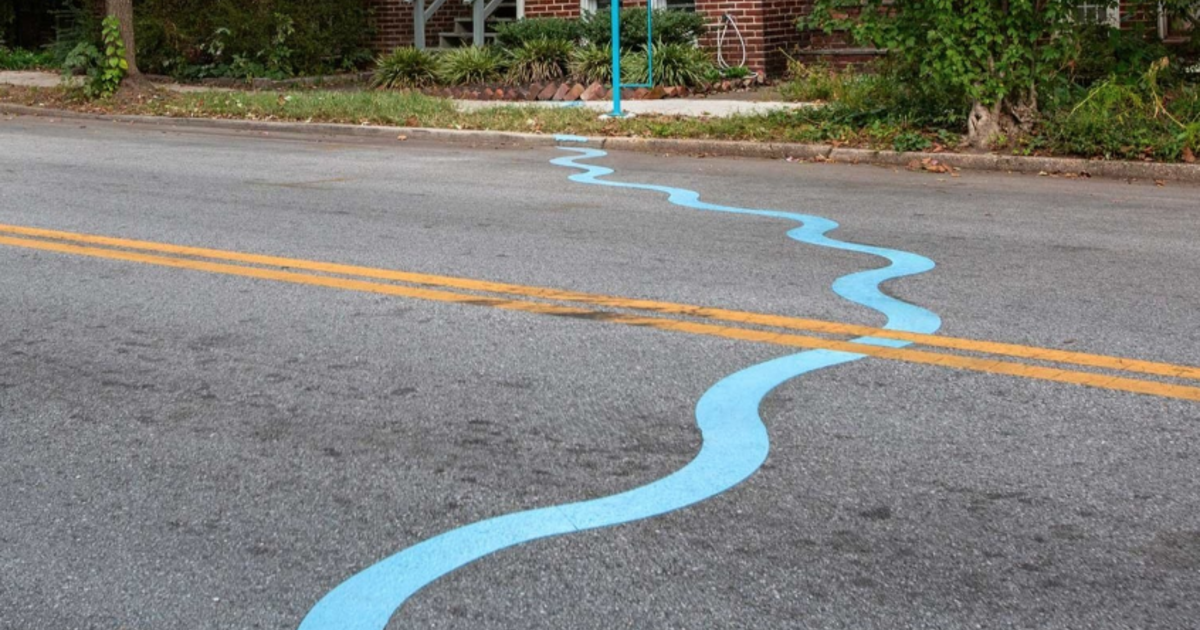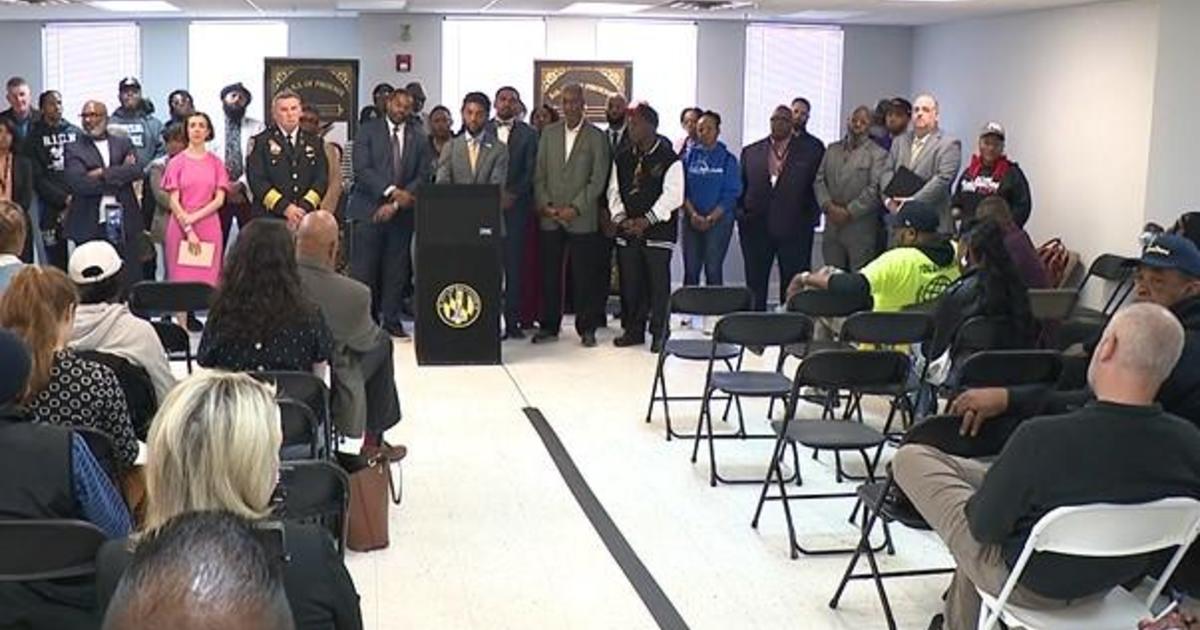Researchers share findings on long COVID in Baltimore meeting
BALTIMORE – COVID-19 cases continue to spike as the Omicron BA.5 subvariant spreads across the country.
While President Joe Biden was treated for his positive diagnosis on Thursday, doctors from around the world convened in Baltimore to share their latest findings on long COVID.
Much of the research they shared centers around connecting the dots between acute infection and long-term outcomes of the virus.
Dr. Rubeshan Perumal, a University of Cape Town pulmonologist, said long COVID is "truly so complex that it cannot be adequately described through a framework like this one."
Up to 30% of COVID patients experience persistent, debilitating symptoms even after initial infection, the researchers said Thursday.
Dr. PJ Utz, vice chair of Stanford University's Researching COVID to Enhance Recovery (or RECOVER) Initiative, is all too familiar with that statistic.
"Long COVID exists and it struck my family," Dr. Utz said, referring to two family members.
There is currently no diagnostic available for long COVID.
Asked whether there was any link between patients experiencing long COVID symptoms and their vaccination status, Dr. Utz stopped short of saying vaccination was the answer.
"We don't know if vaccination prevents this," he said. "I would speculate that it probably does."
So far, research suggests that symptoms are primarily neurological. They include brain fog, forgetfulness, lack of concentration and even muscle fatigue.
Doctors are inching closer to pinpointing the parts of the brain responsible for these symptoms.
"There are a number of nuclei in the brainstem that may be impacted and may be contributing to the complaints of long COVID," said Dr. Tracy Fisher with the Tulane School of Medicine.
While there's more research to be done, scientists have begun comparing biological processes in the brain in long COVID patients with those of Alzheimer's patients.
"I think it's very interesting to see this loss of AB-42 in CSF that is very similar to what we see in Alzheimer's disease also in COVID," said Professor Sofie Nystrom of Sweden's Linkoping University.




